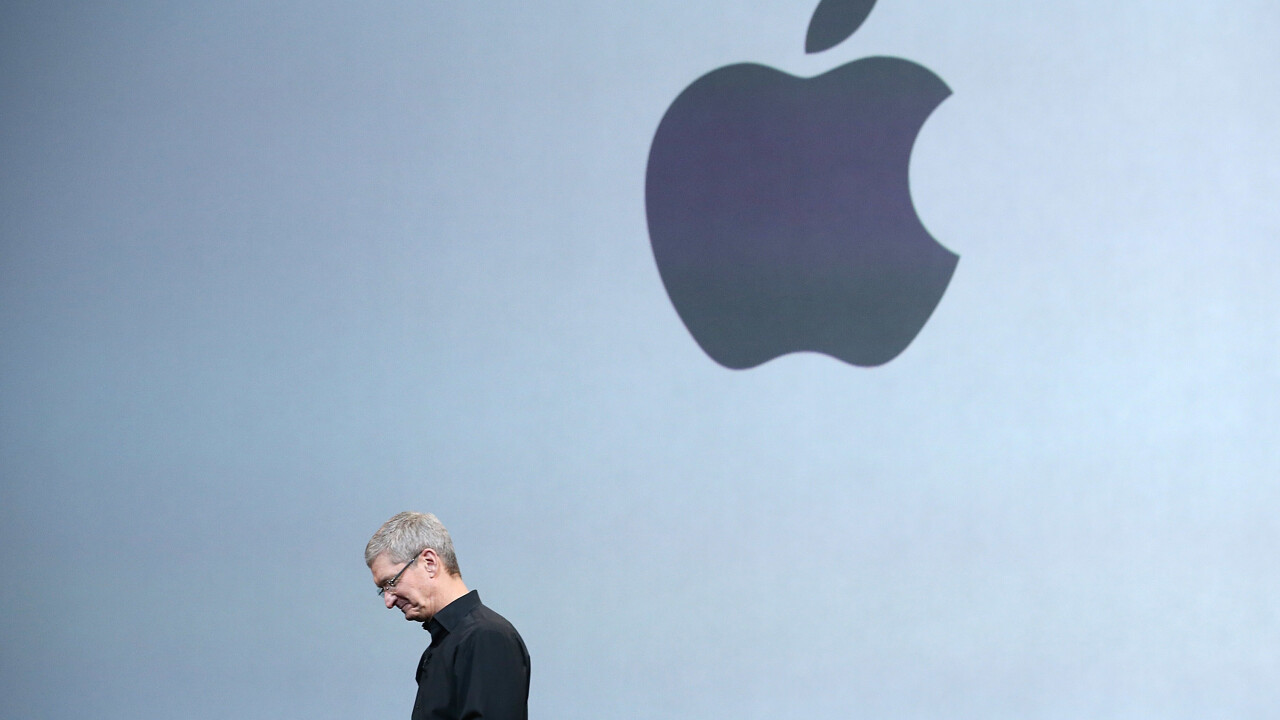
Phishing is one of the most common attacking methods used by cybercriminals to dupe people into giving up data or money. Hackers often imitate popular brands as a front to trick people into believing that an email is sent by a genuine company.
According to a report from cybersecurity firm Checkpoint, Apple is the most imitated brand for phishing scams in Q1 2020 followed by Netflix, Yahoo, and WhatsApp. Researchers at the firm said attackers tried to take advantage of the buzz created by the Cupertino-based tech giants anticipated product launches.
[Read: Scientists don’t know if viral load is linked to severity of coronavirus symptoms]
While the web remained the favorite platform for cybercriminals to target for phishing with a 59% share of attacks, mobile rose to second place with 23% attacks as people are spending more time on their devices due to worldwide lockdowns caused by the coronavirus pandemic.

Maya Horowitz, product director of threat intelligence & research department at Checkpoint, said attackers are exploiting device consumption patterns changed because of the COVID-19 outbreak:
Cybercriminals continue to exploit users by adopting highly sophisticated phishing attempts via emails, web and mobile applications purporting to be from well-recognized brands which they know will be in high demand at the moment, whether that’s a high profile product launch or just generally tapping into behavioral changes we’ve seen during the coronavirus pandemic.
In a report published earlier this month, the firm noted that as people are consuming more content on streaming services, it has seen phishing attacks targeted towards Netflix double in the last couple of months.
You should check links you get in emails, and not fall for fake promotional offers with outlandish discounts. Plus, you should also check domain names for spelling mistakes as they often act as a front to install malware or steal some money off you.
Get the TNW newsletter
Get the most important tech news in your inbox each week.





